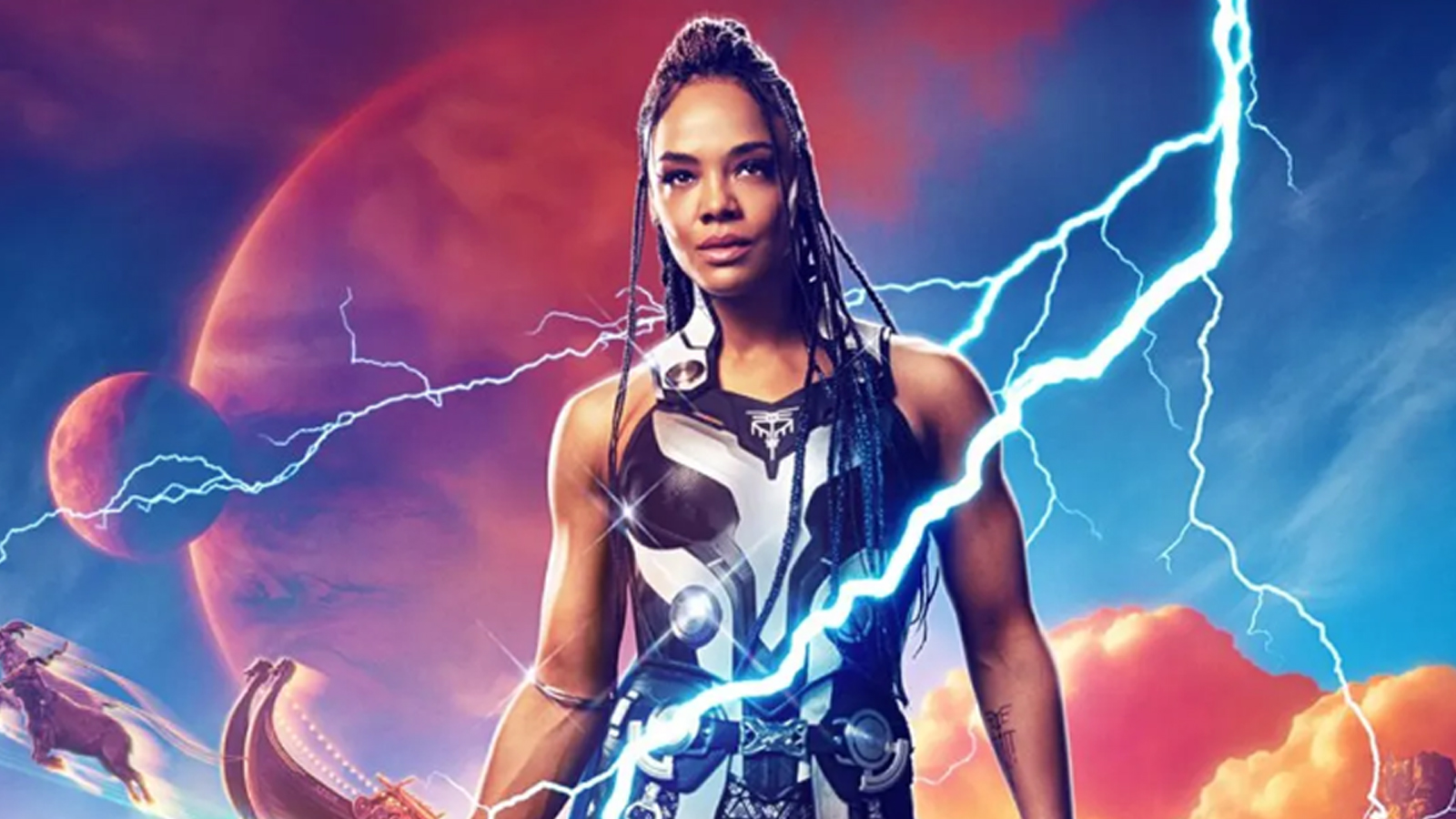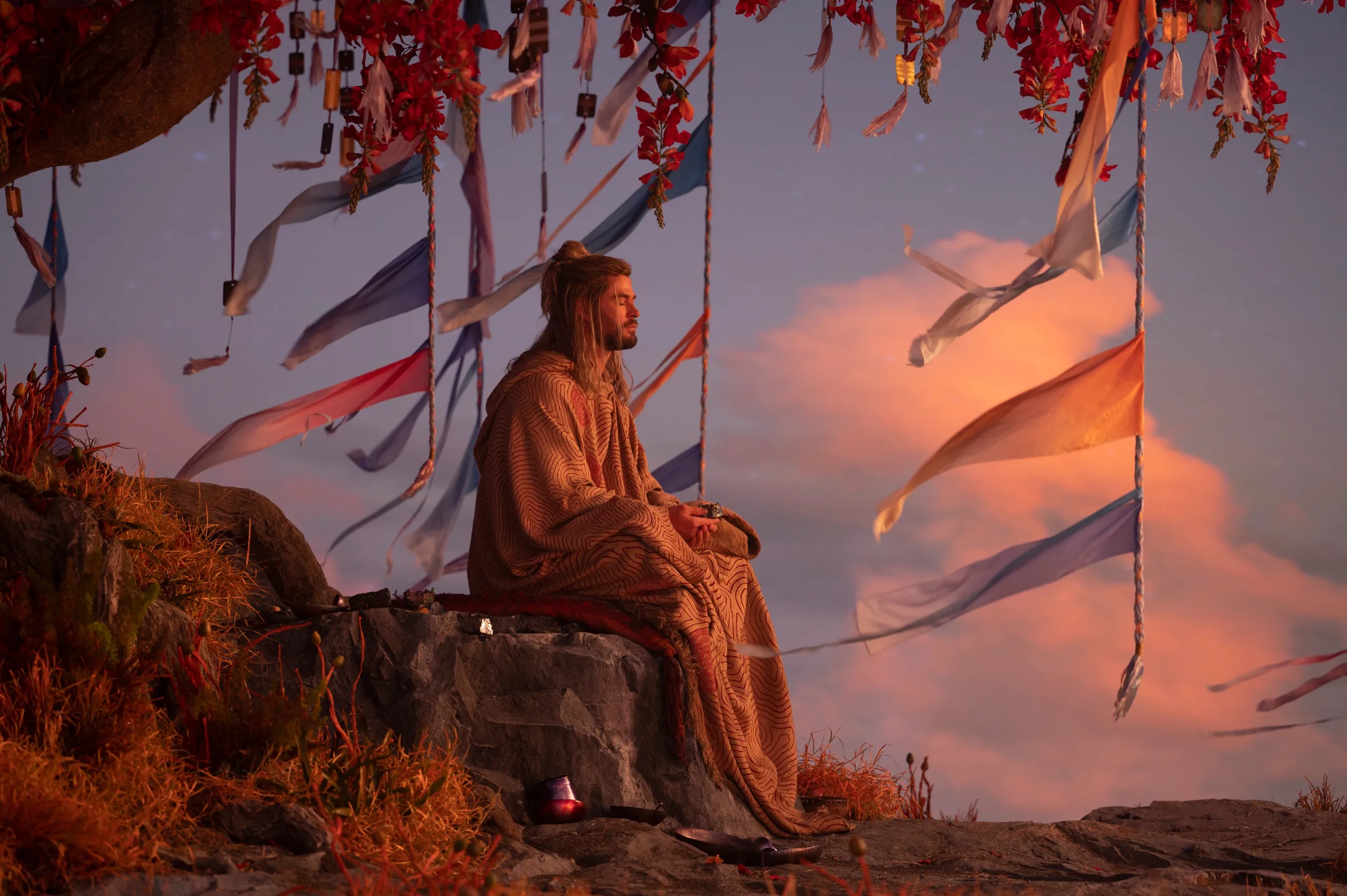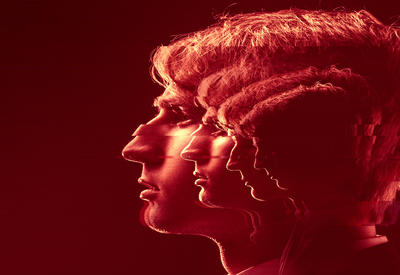
Hollywood has increasingly adopted the representation of diverse sexualities and gender identities over the past decade, whether it be in the periodic context or the contemporary speculative-dominated landscape of superhero, science-fiction, or fantasy genres. And despite his relatively small contributions to the MCU, Taika Waititi has somewhat been at the frontlines of that effort with both Ragnarok and Love and Thunder.
If you were to ask the filmmaker, though, he’d tell you the fact that these queer folks exist in stories should be of no consequence or regard. If people are willing to go see a movie about a “heterosexual, Aryan-looking space Viking” — and a god, at that — they shouldn’t even notice that the Kronans might have their own mating dynamics or that Tessa Thompson’s Valkyrie is bisexual.
In a recent interview with IndieWire, the director decided to break down his views on queer representation in movies, whether they’re about Nordic gods or a bunch of unwitting pirates making their way in the world.
“What I love about the pirate show (Our Flag Means Death) is that it’s so normalized. No character ever says, ‘I can’t believe they’re gay.’ They can’t believe those two characters got together, that’s all. Who would’ve believed they’d get together? But it’s just a given that there’s queerness on the high seas. And in this film, more importantly, what we did with my character Korg — who talks about the relationships that the Kronans have — or Valkyrie, who’s bi.
“It’s the idea that these things just are, in a Marvel film, in a mainstream film that young, queer people will see. They’ll watch this film and be like, oh, it’s a Thor film about a heterosexual, very Aryan-looking space Viking, but there are other characters in there and it’s normalized. No one bats an eyelid and there’s no monologue about it. Nobody ever stands up and says ‘This is OK!’ It just is OK. I think that’s very important. It’s the same thing with the first time people saw a female superhero. It’s just so normal now. It’s so cool because kids can see this stuff and feel like even in these tiny moments in a giant film like this, at least there’s something that’s making them feel seen.”



Many folks today would be quick to accuse movie studios of virtue-signaling or cramming in the so-called SJW agenda, but the fact of the matter is that most stories are simply incorporating an ensemble of diverse characters. Love and Thunder isn’t solely centered around queer representation, nor does it include them just for the sake of it, but it’s nonetheless commendable to see creatives pushing past the established archetypal characters we’ve grown so used to seeing.
Anyhow, Thor: Love and Thunder is opening in theaters tomorrow.









